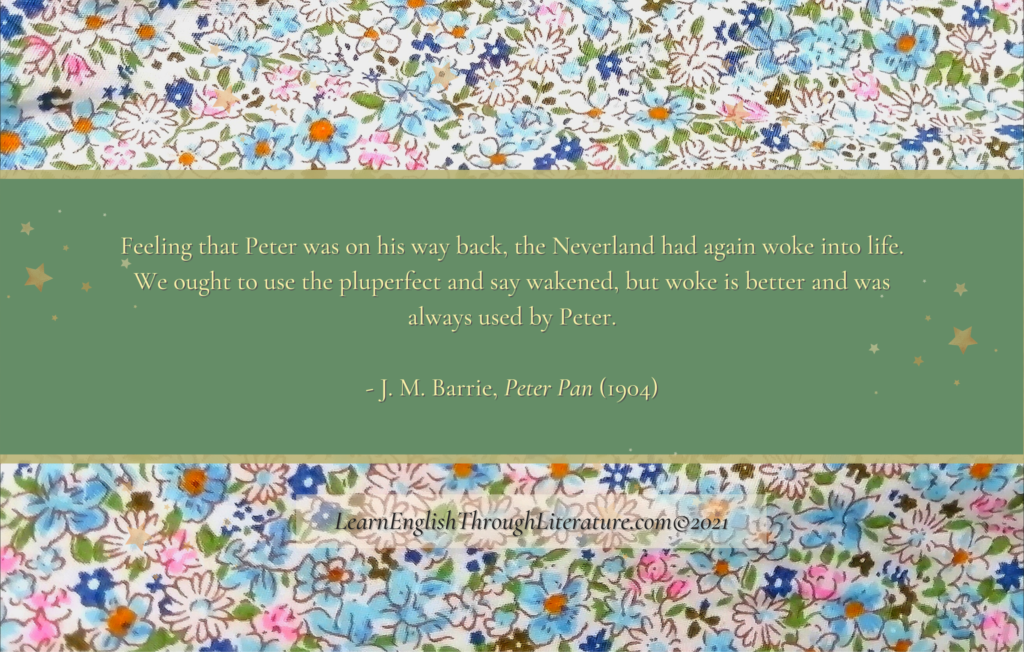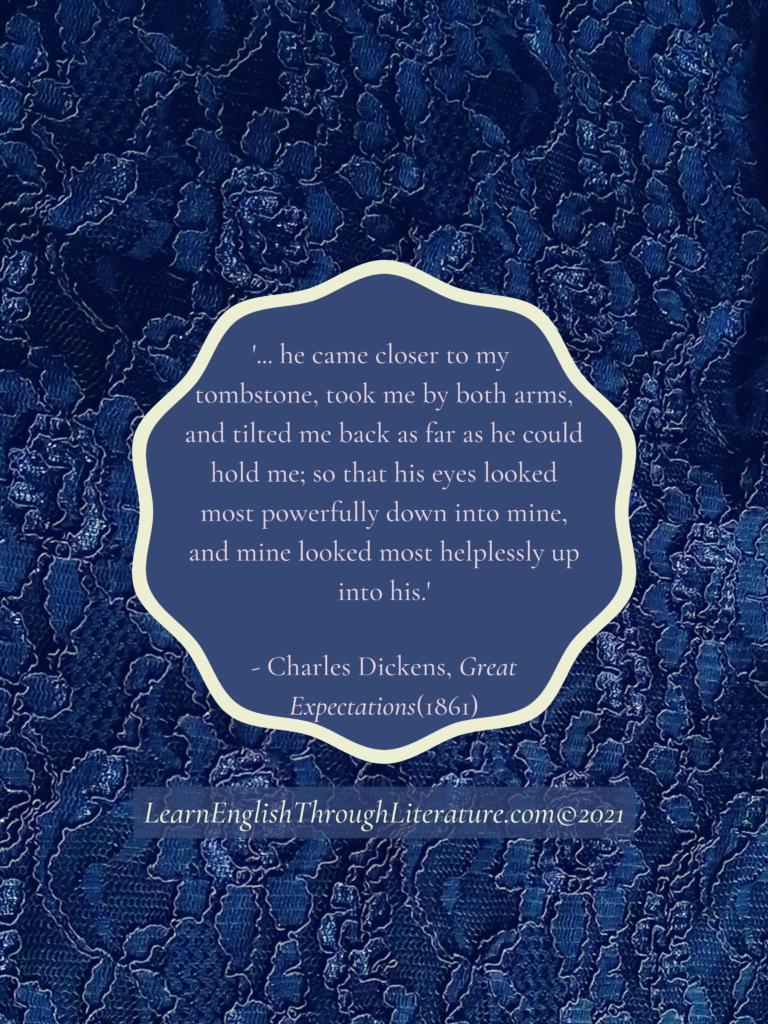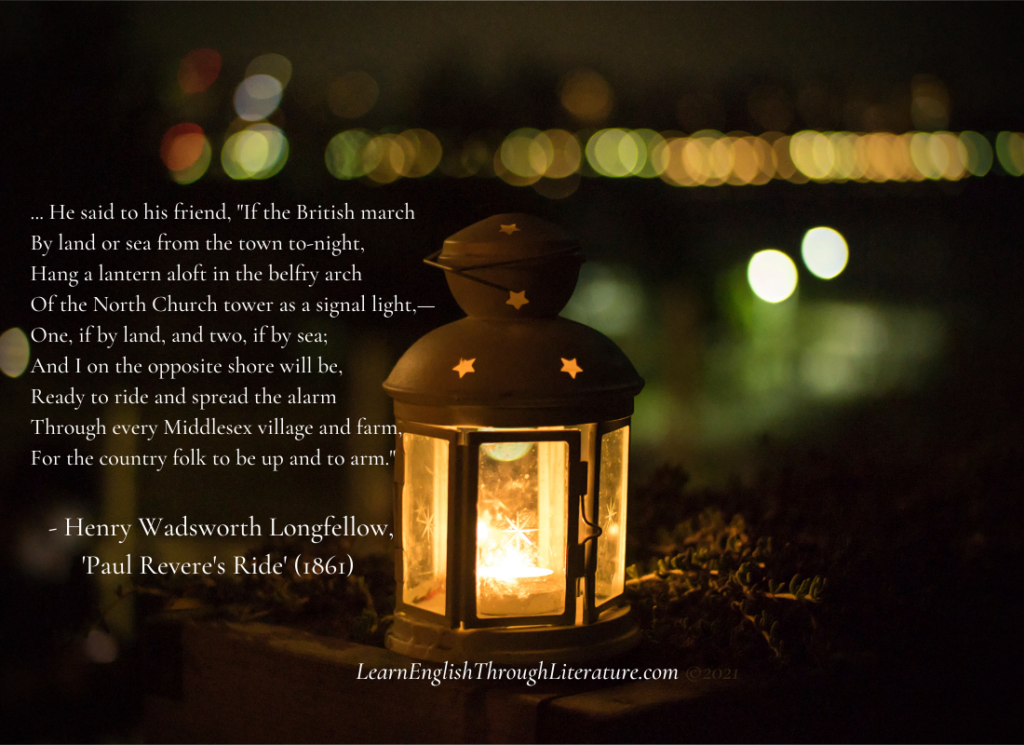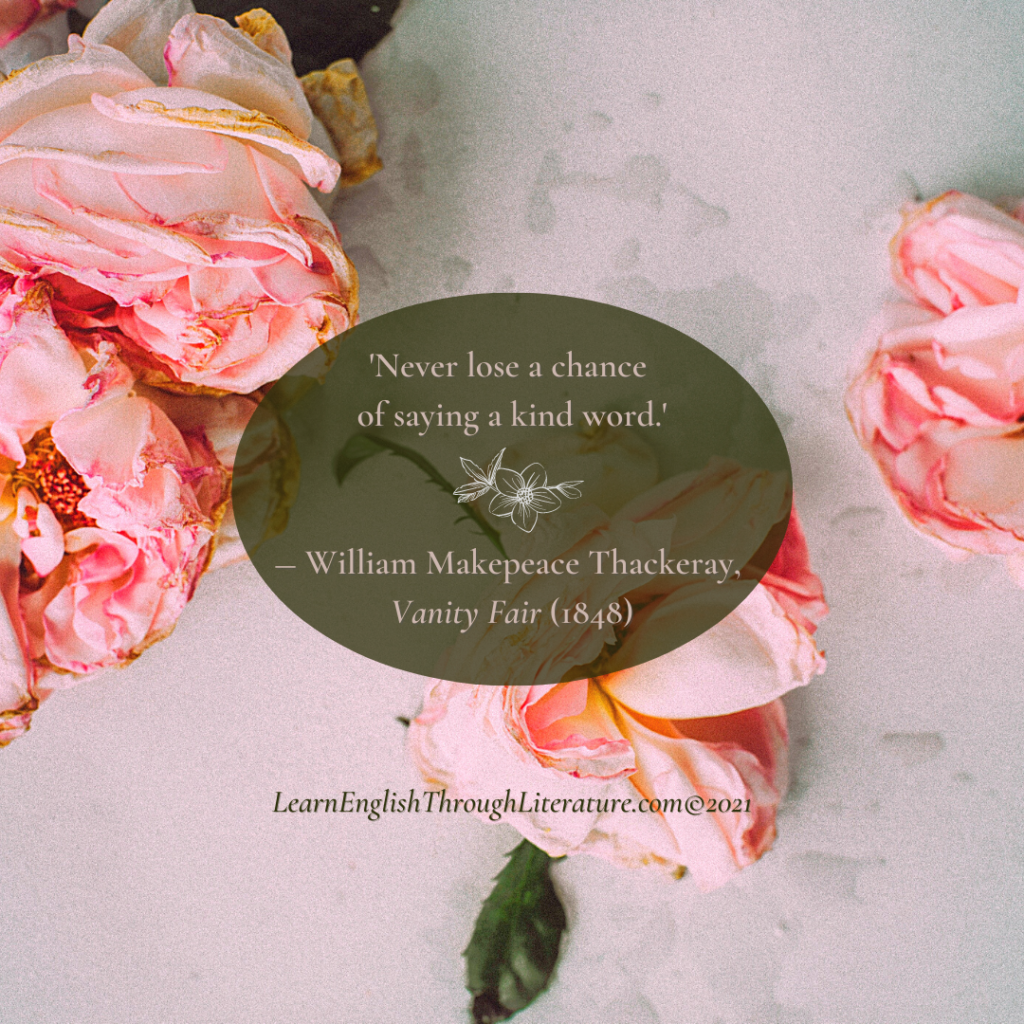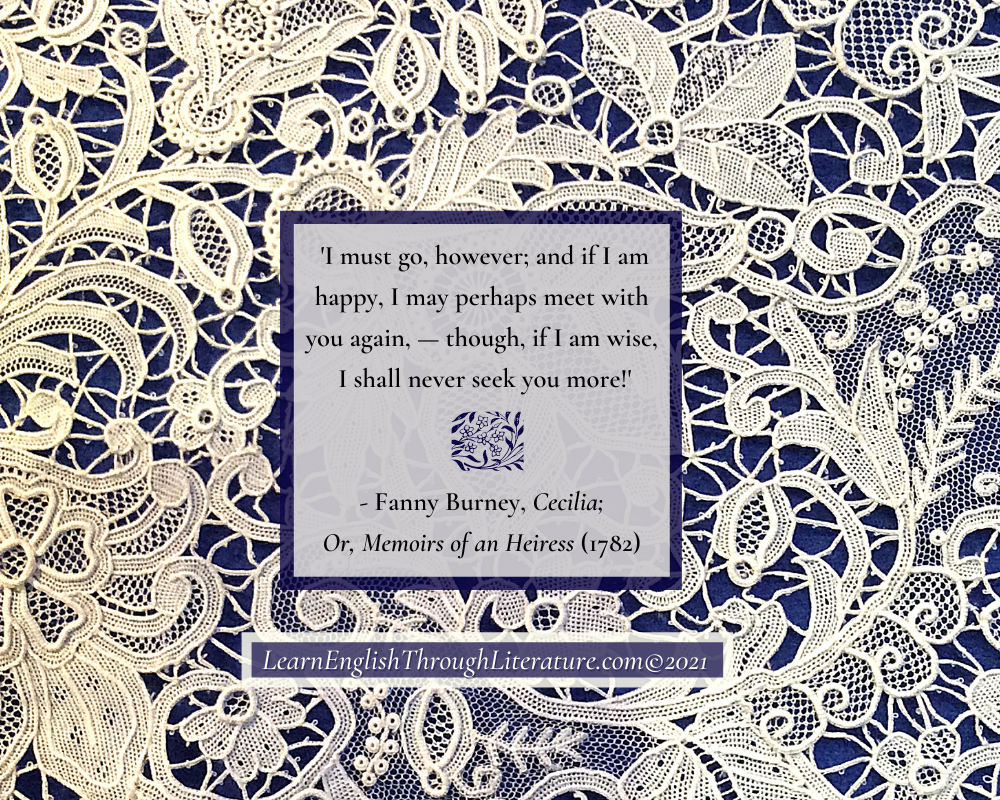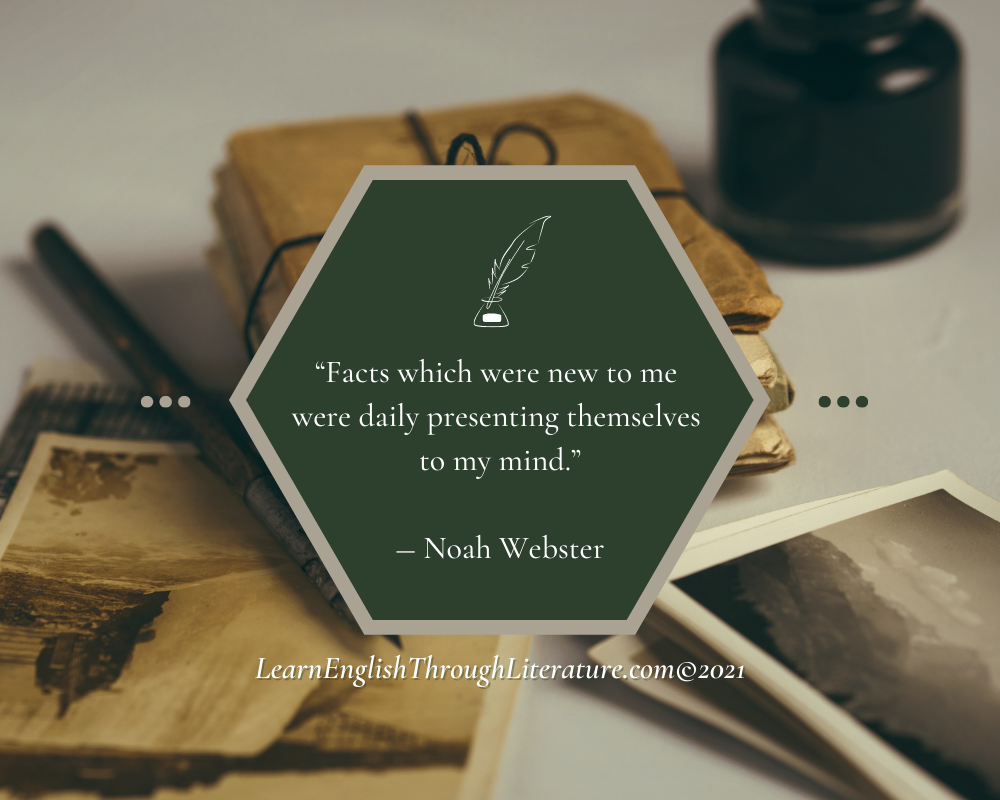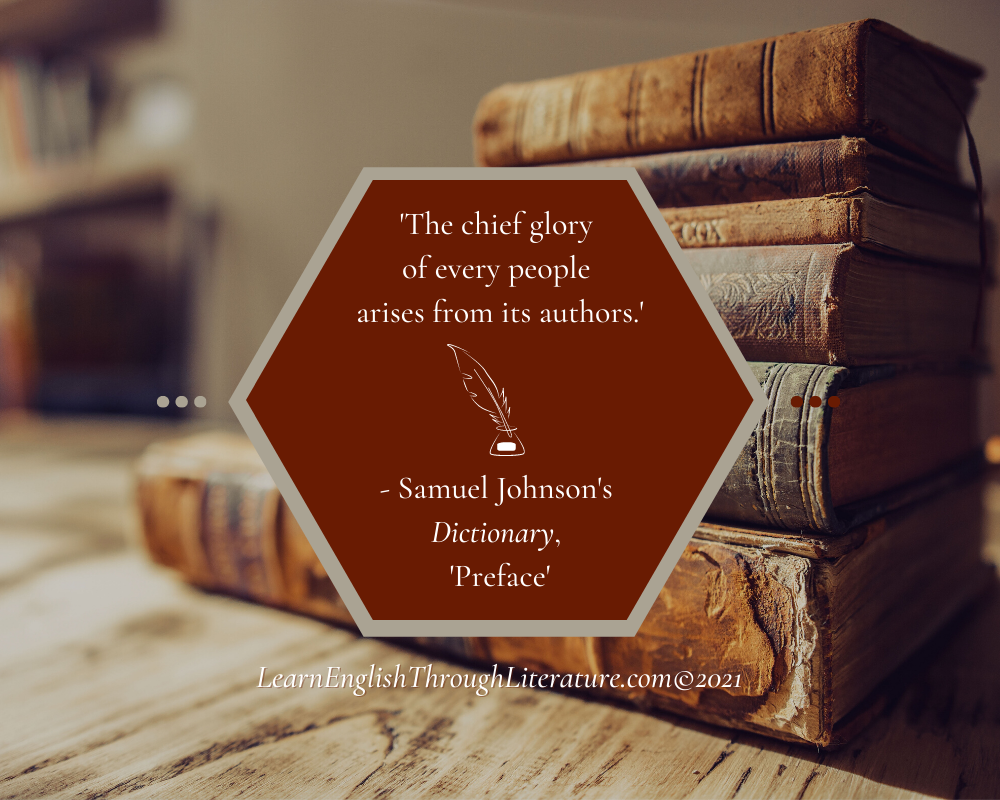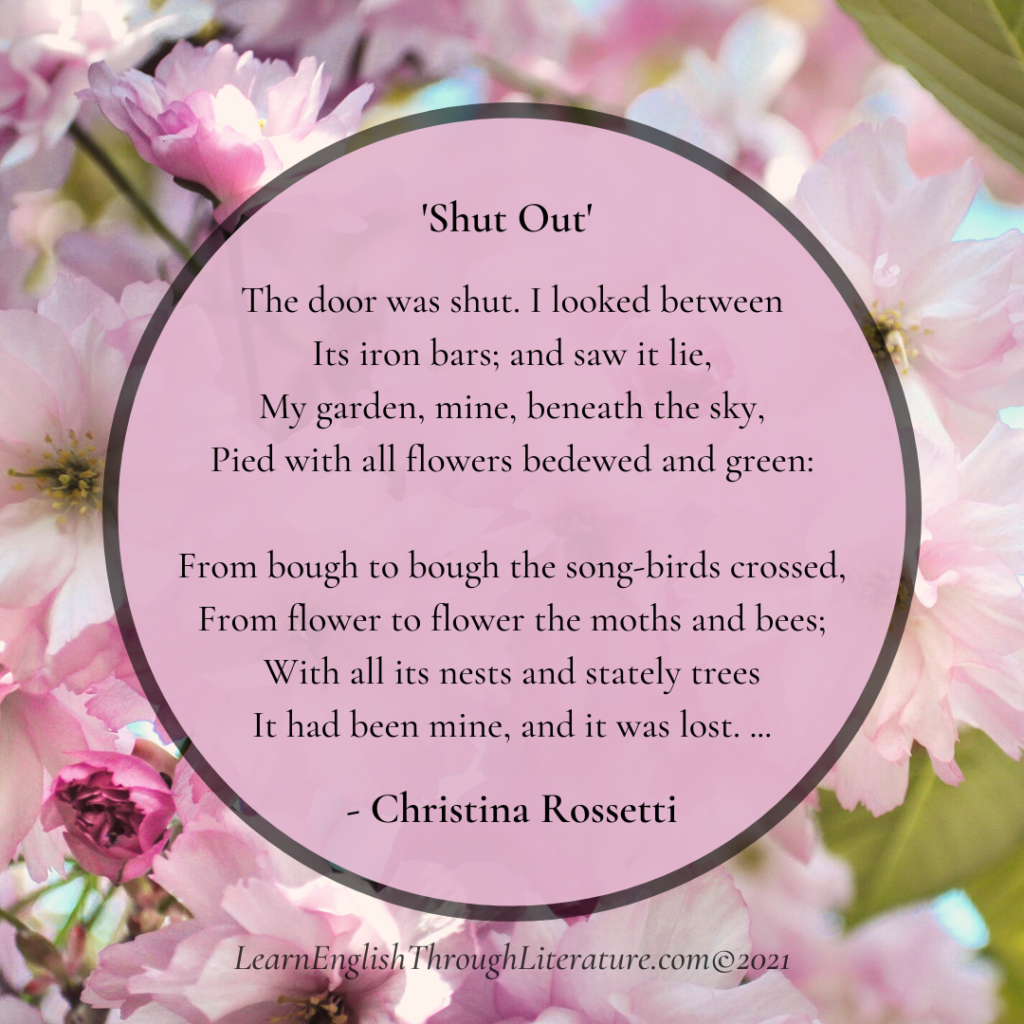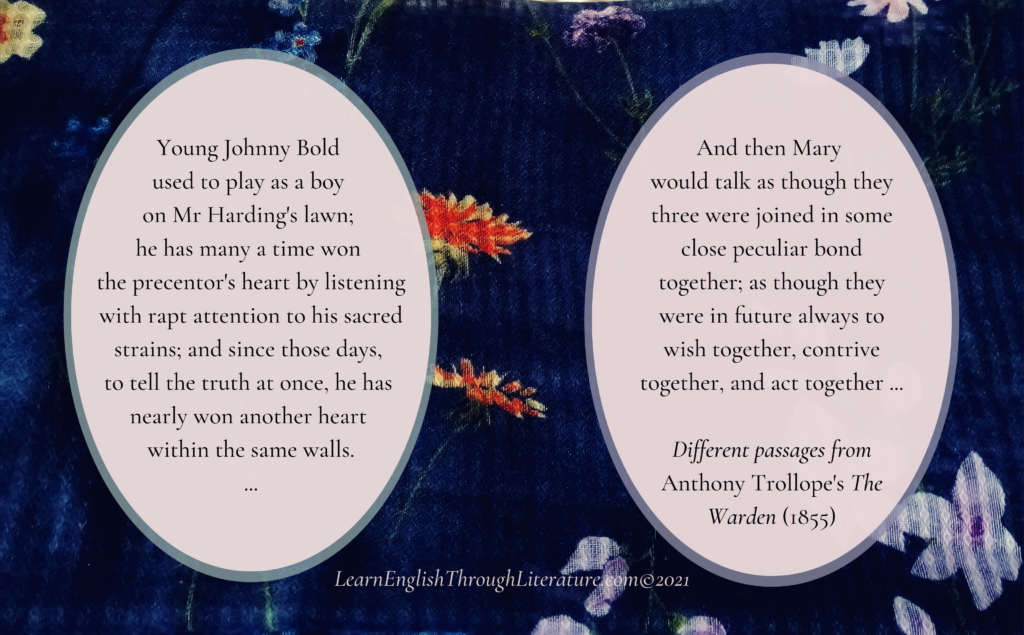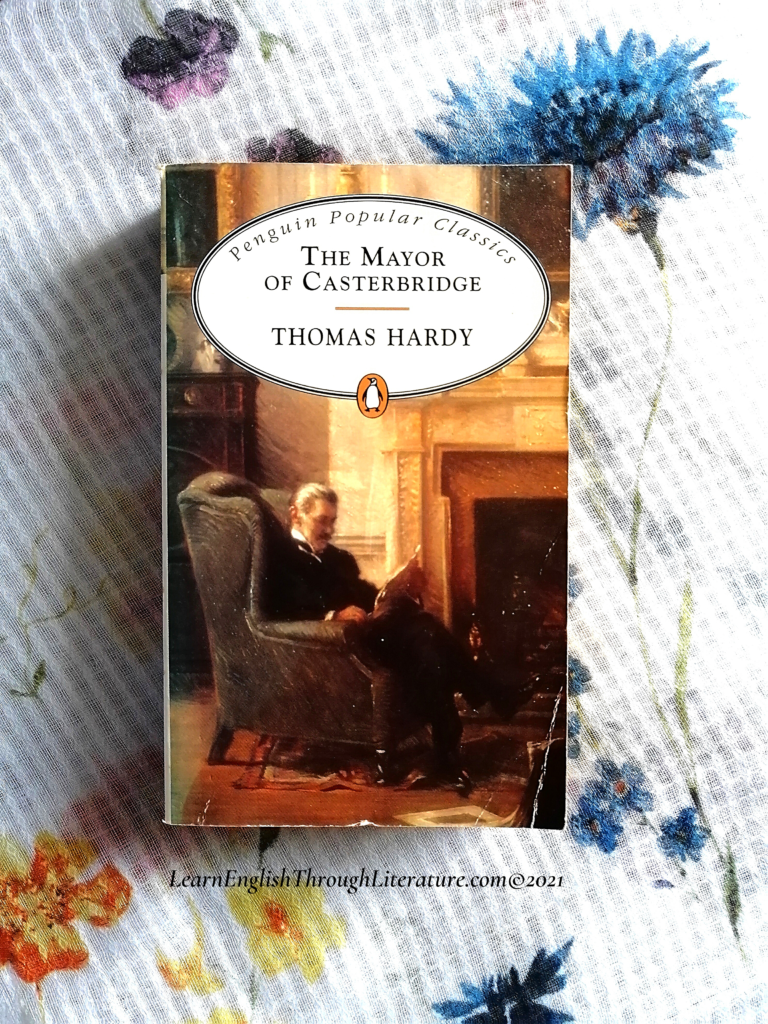Lesson #190: Understanding the Difference between ‘Beside’ vs ‘Besides’
📙 “And one day, I remember, I met Miss Matty in the lane that leads to Combehurst; she was walking on the footpath, which, you know, is raised a good way above the road, and a gentleman rode beside her, and was talking to her, and she was looking down at some primroses she had […]
Lesson #190: Understanding the Difference between ‘Beside’ vs ‘Besides’ Read More »


